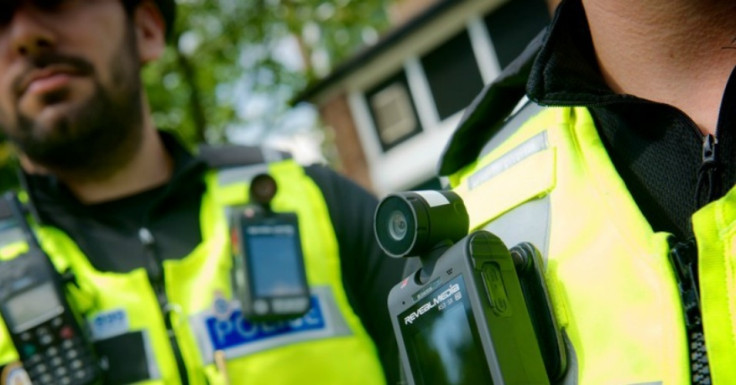Body cameras save US police officers from bogus sexual misconduct accusations

Body cameras are slowly making their way into police departments across the US and will soon be used in the UK too, but although the police are reluctant to adopt the new technology, it is helping to increase accountability and exonerate police officers from crimes.
Body-worn cameras record footage of what the officer sees and encounters while on duty. So that police departments do not have to store infinite amounts of footage, the officer is told when to start recording and leaves the camera on until told to turn it off. Once the shift is over, the video is uploaded to the cloud. The department will usually delete the footage after 30 days, unless it is marked as evidence for a trial, while a copy of the video could be stored on the cloud server of the camera company if it provides such a service.
So far the technology has been trialled in the US and the UK, and the London Metropolitan Police says that deployment of the cameras in London reduced complaints against the police by 33%. A trial in Rialto, California saw public complaints against officers fall by 88%, while police officers' use of force fell by 60%. Despite the evidence that body cameras can lead to a fairer police force, many police unions are dragging their feet and requesting input from citizens in their states before they deploy the technology.
Their hesitation is understandable – most people would not want to be filmed while they perform their jobs and no one wants potential mistakes to be recorded and used against them, but recent reports in the US are echoing the research from trials – showing that in at least two cases, body-worn cameras have helped to clear police officers of complaints that would ordinarily result in serious investigations.
In November, a deputy in Knox County, Tennessee, pulled over Margaret Ellen McElhinny on the suspicion that she was driving under the influence of alcohol. The woman later accused him of fondling her when she got out of the car for a sobriety check, but the video footage from the body cameras of the four deputies at the scene proved that he had done nothing wrong.
And in October 2014, Diana Griego tried to frame the police officer who arrested her for driving while intoxicated in Albuquerque, New Mexico. The released body camera footage shows her trying to talk her way out of being arrested, and then when that failed, at the police station she accused him of sexually assaulting her when he put her in the police car.
A sex crimes sergeant and detective conducted a full investigation into the claims, but the camera footage proved that the officer had done no wrong. Griego had smuggled her phone into her bra and then gone to the toilet at the police station to call a friend for advice on how to blame the police officer so that she could avoid being charged after failing a breathalyser test.
In the UK, the Met plans to equip 20,000 of its officers with body cameras costing £500 ($746.85) each by March 2016, which will make it the largest deployment of body-worn cameras in the world.
© Copyright IBTimes 2025. All rights reserved.






















